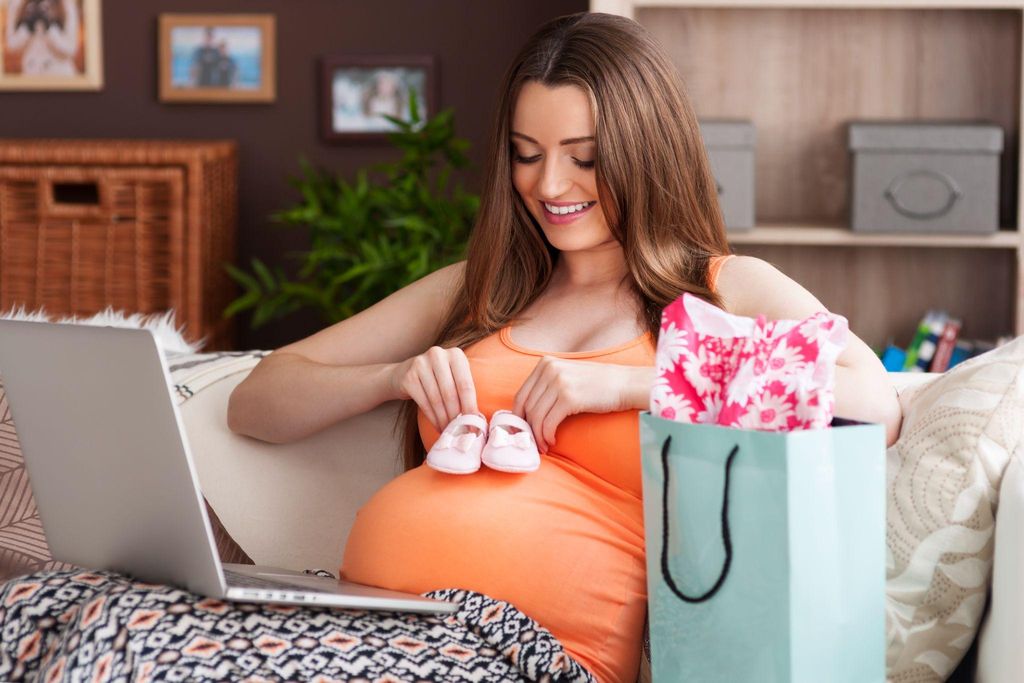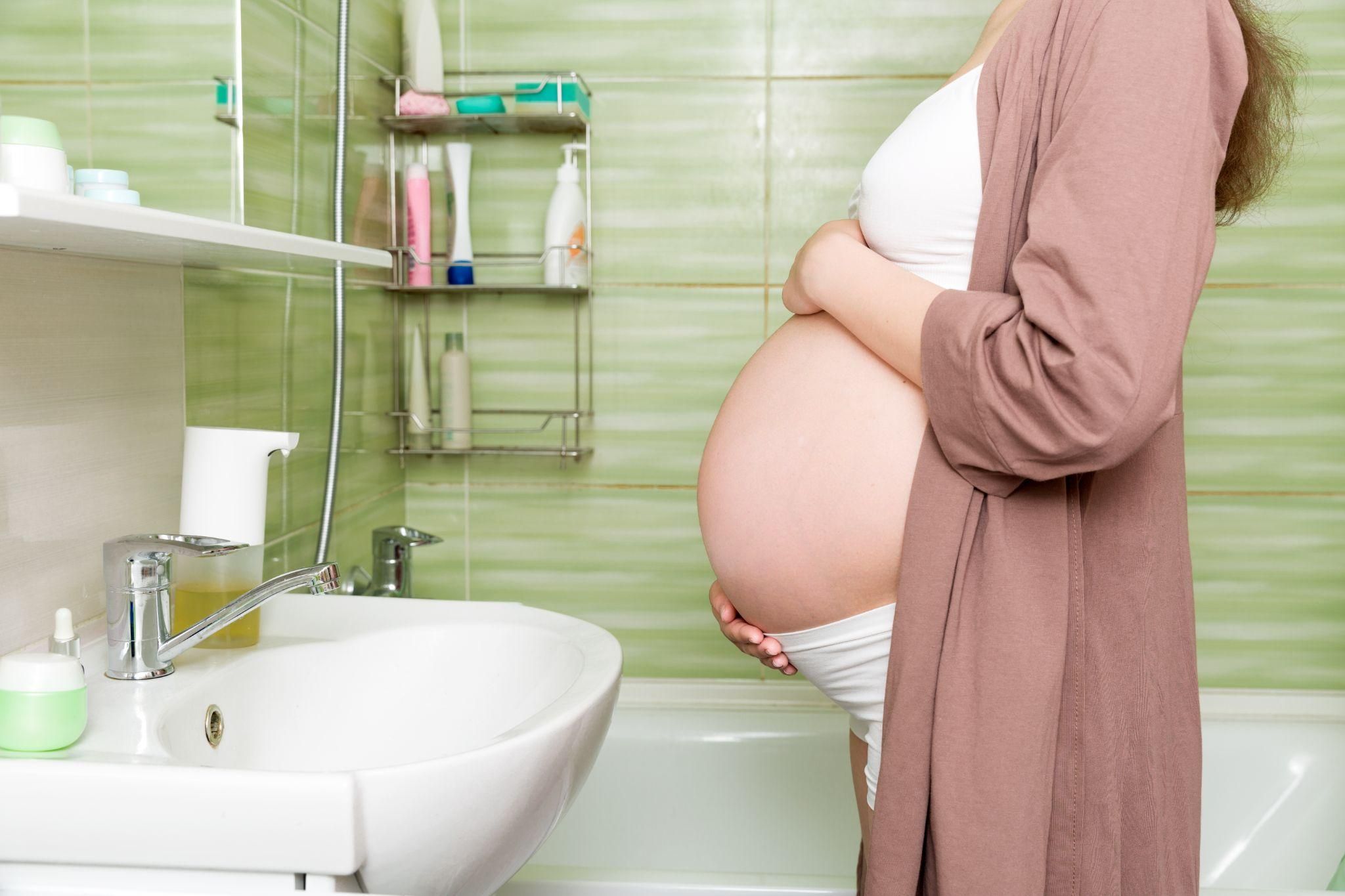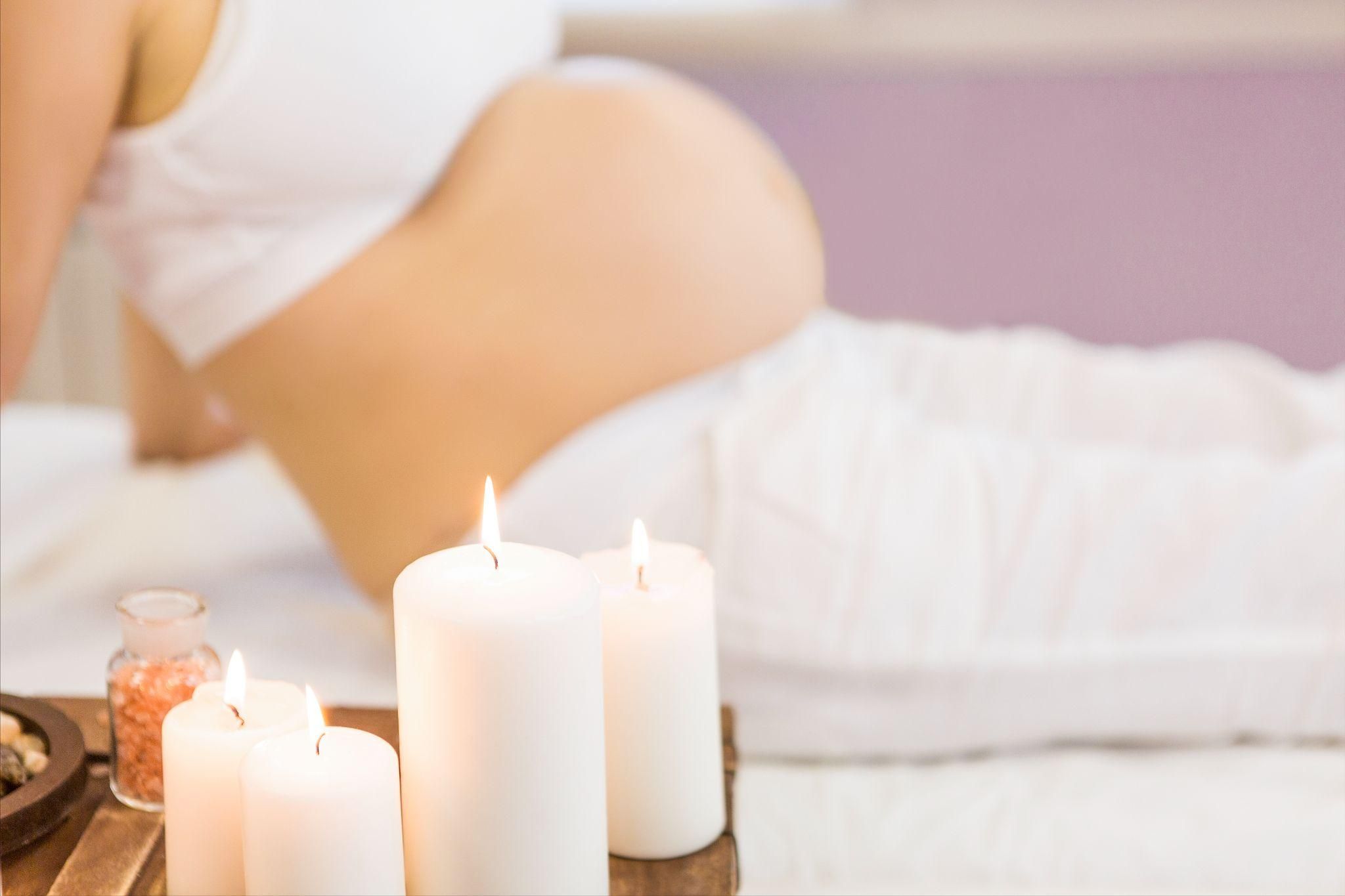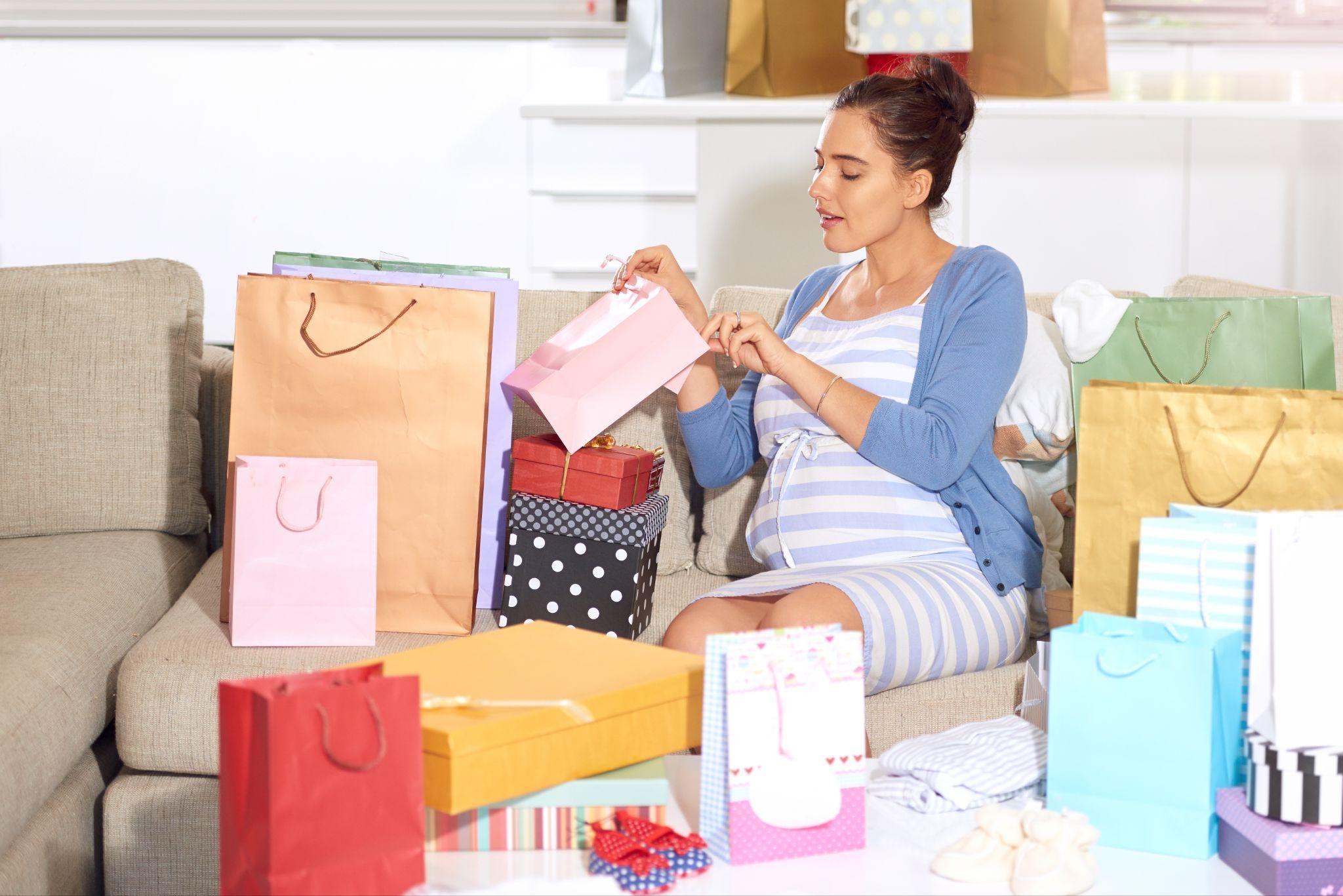Pregnancy is a journey full of excitement, discovery, and preparation. With countless products marketed as essential, it’s easy to feel overwhelmed by choice. However, most mums-to-be need far fewer items than they think. This guide highlights the top antenatal products that provide comfort, aid health, and help you prepare for your baby’s arrival—all while debunking some common myths.
Comfortable Maternity Clothes
As your body changes during pregnancy, comfort becomes a priority. Maternity clothes are designed with your growing bump in mind and can help you feel more at ease throughout your pregnancy.
Why You Need Them
Stretchy Fabrics: Maternity leggings and tops adapt to your changing shape.
Supportive Bras: As your breasts grow, a good maternity bra prevents discomfort.
Longevity: Look for pieces that can transition into nursing wear if you plan to breastfeed.
Tip
Invest in a few versatile staples rather than overloading your wardrobe. Many high-street retailers offer affordable and stylish options, and second-hand shops can also be a great resource.
A Supportive Pair of Shoes
Pregnancy can lead to swollen feet, joint pain, and balance shifts. Supportive footwear helps alleviate strain on your body.
Why It Matters
Proper shoes reduce back pain and support your changing posture.
Adjustable straps and cushioned soles accommodate swelling.
Choose practical, everyday shoes that prioritise comfort over style—your body will thank you.
Prenatal Vitamins
Your body works hard to support your growing baby, and antenatal vitamins provide essential nutrients to keep you both healthy.
Key Nutrients
Folic Acid: Crucial for preventing neural tube defects.
Vitamin D: Supports bone health and immune function.
Iron: Helps prevent anaemia, which is common during pregnancy.
NHS Guidelines
Most pregnant women in the UK are advised to take folic acid until 12 weeks and vitamin D throughout pregnancy. Consult your midwife or GP for tailored advice.
Reusable Water Bottle
Hydration is essential for your health and your baby’s development. A reusable water bottle is a simple yet effective tool to ensure you’re drinking enough water daily.
Why It’s Useful
Helps combat common pregnancy issues like fatigue and headaches.
Encourages eco-friendly habits by reducing single-use plastic.
Choose a BPA-free or stainless-steel bottle for safety and durability.
A Pregnancy Pillow
A pregnancy pillow provides extra support for your bump, back, and hips, helping you get a good night’s sleep—a luxury during pregnancy!
Benefits
Alleviates pressure points for better comfort.
Encourages side-sleeping, which is recommended during pregnancy.
Opt for a simple design, such as a wedge or a C-shaped pillow, depending on your sleeping preferences.
A Basic Hospital Bag
Preparing your hospital bag early can reduce stress as your due date approaches. While you don’t need an elaborate setup, a few essentials make the experience smoother.
Must-Haves
Comfortable clothes and toiletries for you.
A couple of baby outfits, nappies, and a blanket.
Snacks and water for energy during labour.
Ask your midwife or antenatal class for guidance on hospital bag basics specific to your local NHS trust.
A Notebook or Planner
Pregnancy is full of appointments, information, and questions. A dedicated notebook or planner helps you stay organised and ensures you don’t forget anything during antenatal checkups.
How It Helps
Keep track of antenatal appointments, scans, and classes.
Jot down questions for your midwife or healthcare provider.
Record milestones and memories from your pregnancy journey.
Choose a format that works for you, whether it’s digital or paper-based.
Skincare Basics
While stretch mark creams are often advertised as essential, it’s important to know that no product can guarantee prevention. Genetics, weight gain, and age play the largest roles in stretch mark formation.
What You Actually Need
A basic moisturiser to soothe dry or itchy skin.
Fragrance-free options to avoid irritation.
Focus on hydration rather than expensive claims, and enjoy some self-care without unnecessary expense.
Trusted Educational Resources
Knowledge is empowering during pregnancy. Antenatal classes or reliable resources help you prepare for labour, delivery, and parenting.
Options to Explore
NHS Resources: Free and evidence-based, covering everything from prenatal care to postnatal recovery.
NCT Classes: These offer comprehensive education, often in small, supportive groups.
Books and Apps: Choose well-reviewed ones that align with NHS guidelines.
Discuss your options with your midwife to find resources that best suit your needs.
Luxuries for Relaxation
Pregnancy can be physically and emotionally demanding. Small indulgences can make a significant difference in reducing stress and promoting relaxation.
Ideas for Relaxation
Warm Baths: Use a bath soak safe for pregnancy to ease aches.
Gentle Exercise: Antenatal yoga classes can improve flexibility and reduce anxiety.
Quiet Time: Aromatherapy or guided meditation sessions help you recharge.
Always check with your midwife before trying new products or activities, especially those involving essential oils or heat.
Debunking the “Must-Have” Myths
The market is flooded with products that promise to revolutionise your pregnancy experience. However, many of these items are unnecessary or overhyped.
Skip These
Fetal Dopplers: These can cause unnecessary worry if you’re not trained to use them correctly.
Designer Maternity Wear: Prioritise comfort and affordability instead.
Expensive Baby Gear: Wait until after your baby arrives to assess what you truly need.
The Role of Antenatal Support
Antenatal clinics and classes provide invaluable guidance on which products to prioritise. Your midwife is an excellent source of advice and can help you separate needs from wants.
NHS Tip
Focus on your health and comfort over unnecessary purchases. A minimalist approach often leads to less stress and clutter.
While it’s tempting to buy into every marketing claim, the reality is that a few well-chosen antenatal products can make pregnancy smoother and more enjoyable. Prioritise comfort, health, and preparation over flashy gadgets or excessive purchases.
Remember, your midwife and antenatal classes are there to guide you. Their support can help you navigate this exciting time without unnecessary stress or expense. Embrace the simplicity of preparing for your baby with confidence, and enjoy the journey ahead.
Sources
NHS Pregnancy Guide: https://www.nhs.uk/pregnancy
NCT Advice and Classes: https://www.nct.org.uk
British Journal of Midwifery: https://www.magonlinelibrary.com
References
- The Ultimate Antenatal Classes
Prepare for labour, birth, and baby care with nine experts, including senior NHS midwives and an award-winning obstetrician!
https://unii.com/en/journey/ultimate-antenatal-classes









